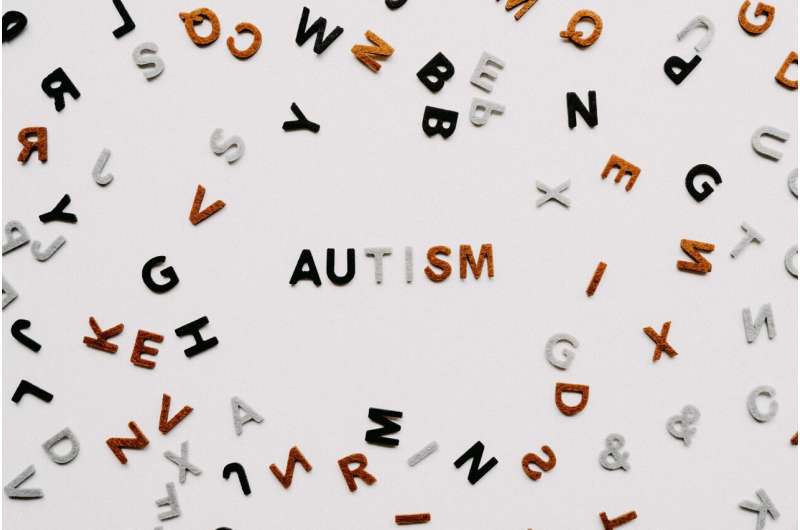Protecting Childhood Mental Health After Preterm Birth: Key Resilience Factors

A new study reveals social and family factors that can enhance mental health resilience in children born preterm, emphasizing the importance of supportive environments and targeted interventions for better developmental outcomes.
Preterm birth, which accounts for about 8% of all births in England, continues to pose long-term challenges despite advancements in neonatal care. While survival rates have improved, children born prematurely often face increased risks of mental health difficulties throughout their development. Recent research published in the Journal of Child Psychology and Psychiatry has shifted focus toward understanding social and environmental factors that can promote better outcomes.
A comprehensive study analyzing data from over 1,500 preterm children in Germany's Bavarian Longitudinal Study and the UK Millennium Cohort Study has identified seven key social and familial factors associated with enhanced mental health resilience. These include better self-regulation skills, strong relationships with parents—particularly mothers—supportive family environments, and protection from bullying.
Lead researcher Dr. Sabrina Twilhaar emphasizes that roughly half of preterm children tend to develop positive mental health outcomes, highlighting the importance of modifiable environmental factors. She states, "Positive outcomes are not just due to chance—they're influenced by the environments children grow up in. Recognizing these factors provides us with critical targets for intervention."
Supporting parenting practices, fostering healthy interparental relationships, and addressing bullying are among strategies that can significantly influence a child's mental health trajectory. Professor Dieter Wolke from Warwick's Department of Psychology underscores that these areas are amenable to intervention, offering practical avenues to improve life quality for preterm children.
This research underscores that medical care alone cannot fully address the developmental challenges of preterm-born children. There is a vital need for ongoing follow-up programs that continue beyond hospital discharge, focusing not just on the child but also on the entire family system. Investing in such holistic approaches could substantially improve mental health outcomes and promote resilience in this vulnerable population.
Stay Updated with Mia's Feed
Get the latest health & wellness insights delivered straight to your inbox.
Related Articles
The Importance of Regular Depression Screenings for High School Students
Rising rates of depression and suicidal thoughts among high school students highlight the need for routine mental health screenings to identify at-risk youth early and provide essential support.
Tailored Environments Essential for Autistic Adults: Moving Beyond One-Size-Fits-All Approaches
New research emphasizes the importance of personalized sensory spaces for autistic adults, advocating for flexible environments that accommodate individual preferences and needs beyond traditional designs.
Long-Term Impact of Postpartum Depression and Maternal Bonding on School-Age Children's Emotional and Behavioral Development
A recent study highlights how postpartum depression and mother-infant bonding influence behavioral and emotional development in children at sixth grade, emphasizing the importance of early support for maternal mental health and bonding.



